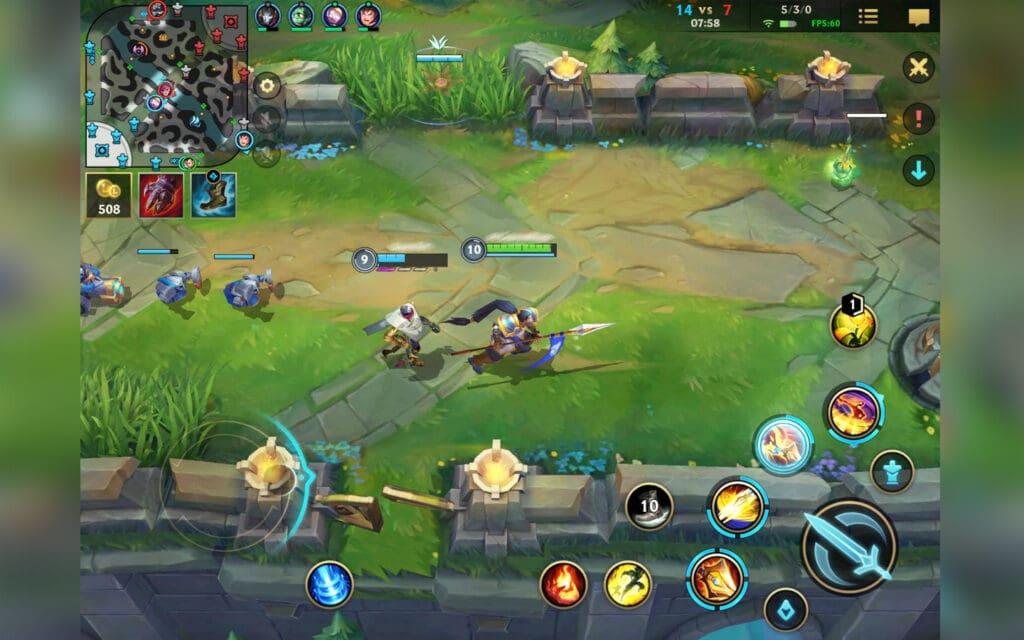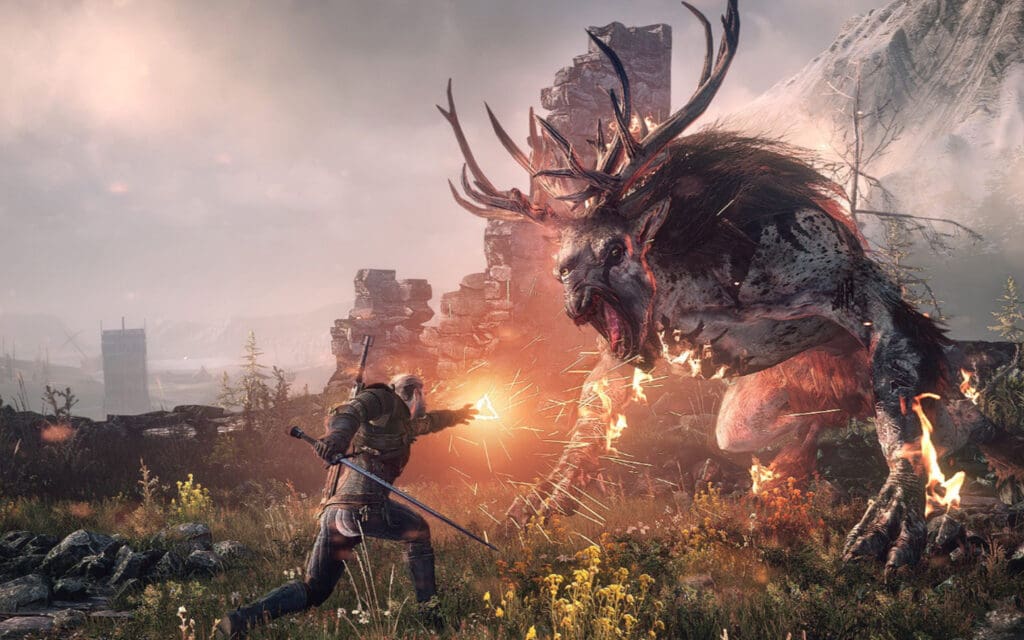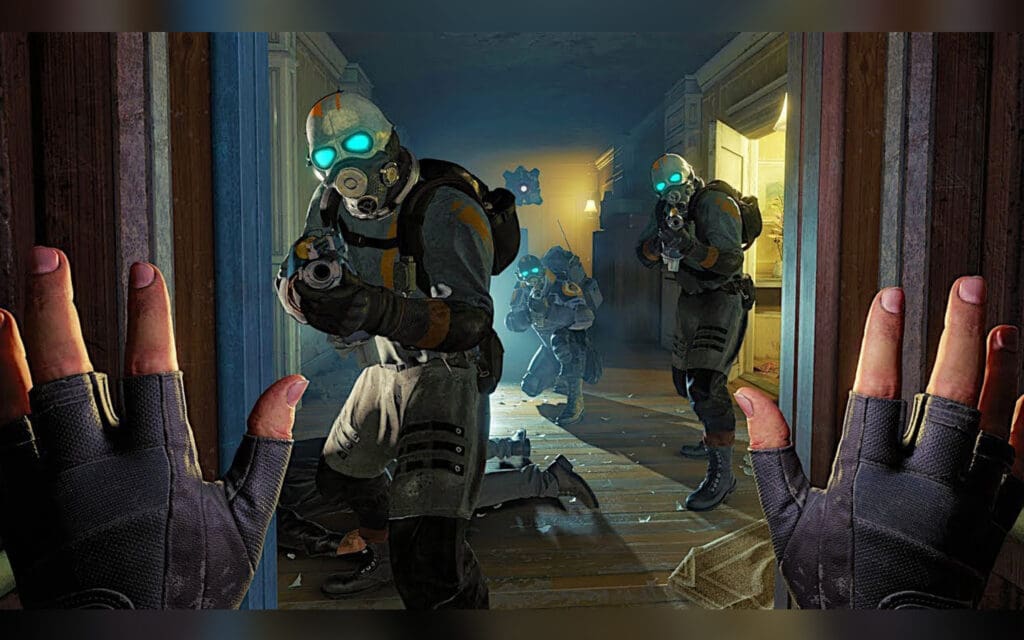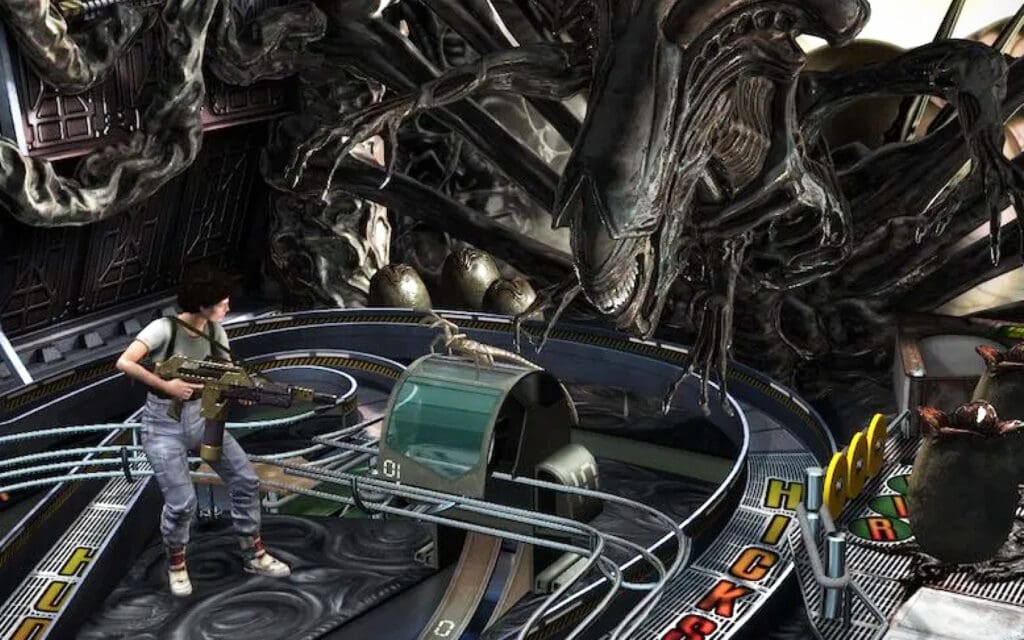Video games are often seen purely as entertainment, but they can also impart valuable skills applicable to everyday life. Through engaging gameplay and complex challenges, players develop abilities that translate into real-world competencies.
Here are 15 real-life skills you might not have realized you’re honing while gaming.
1. Problem-Solving

Many video games present intricate puzzles and obstacles that require critical thinking and strategic planning to overcome. This continuous engagement enhances players’ problem-solving abilities, fostering logical reasoning and analytical thinking skills.
2. Teamwork

Multiplayer games often necessitate collaboration, teaching players to work effectively as part of a team. Coordinating strategies and communicating with teammates in games mirrors teamwork dynamics in professional environments.
3. Multitasking

Many games require players to monitor various elements simultaneously, such as managing resources while navigating complex environments. This practice enhances one’s ability to handle multiple tasks efficiently in real-life scenarios.
4. Adaptability

Video games often present unpredictable challenges, encouraging players to adapt quickly to new situations and modify their strategies accordingly. This fosters mental flexibility and resilience.
5. Resource Management
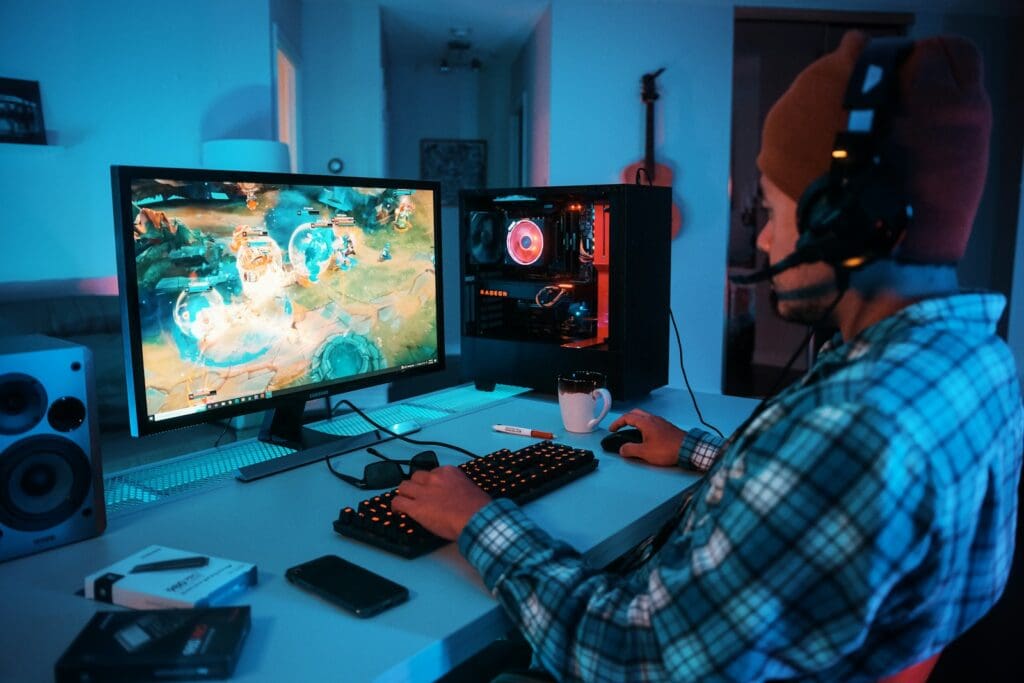
Games frequently involve managing limited resources to achieve objectives, teaching players to prioritize and allocate assets effectively—a skill applicable to budgeting and time management in daily life.
6. Patience and Perseverance
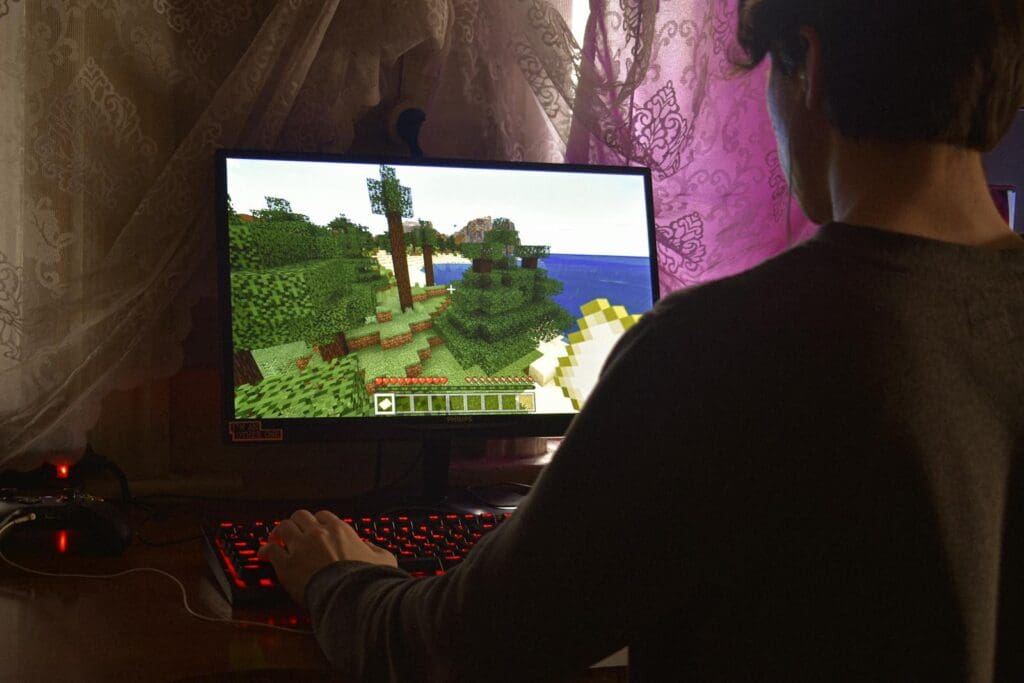
Difficult game levels teach players the value of patience and the importance of perseverance, as they learn from failures and persist until they succeed.
7. Strategic Planning
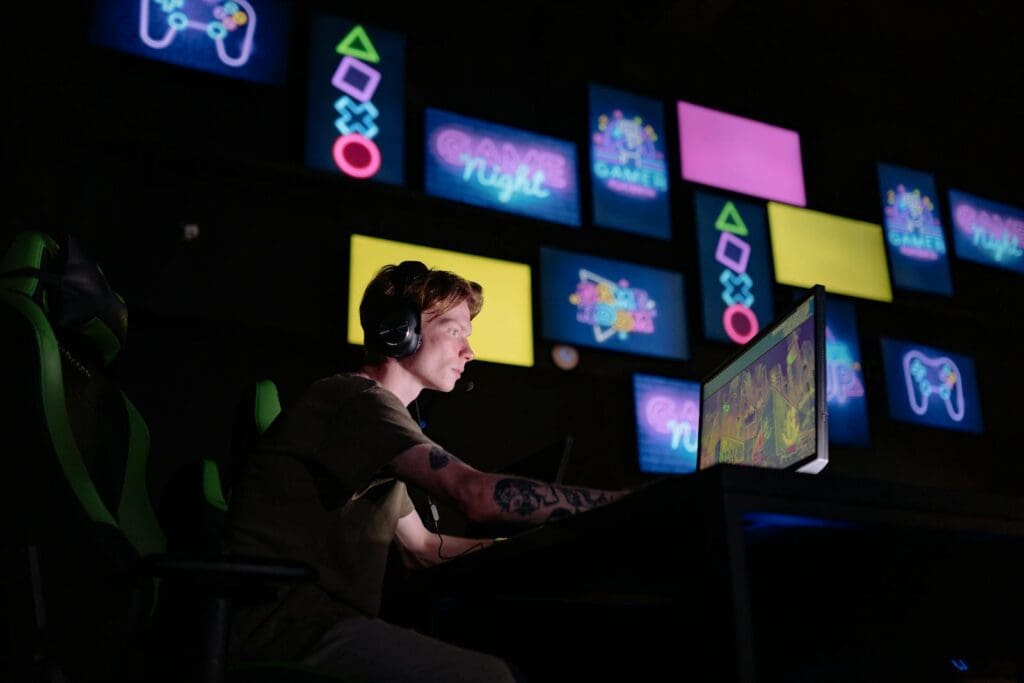
Many games require long-term planning and foresight, helping players develop strategic thinking skills that are beneficial in personal and professional decision-making.
8. Hand-Eye Coordination

Fast-paced games enhance hand-eye coordination and reflexes, as players must respond quickly to visual stimuli.
9. Communication Skills

Team-based games necessitate clear and effective communication, improving players’ ability to convey information and collaborate with others.
10. Leadership

Assuming leadership roles in games, such as coordinating team strategies, helps develop leadership qualities and decision-making skills.
11. Creativity
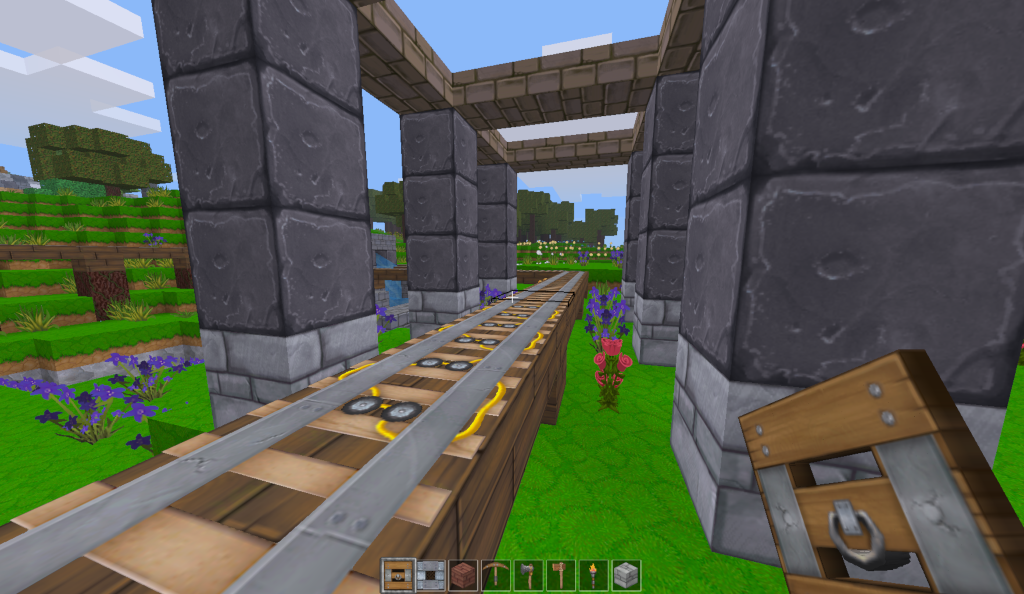
Sandbox games like Minecraft encourage creativity, allowing players to design and build unique structures and solutions.
12. Risk Assessment

Players learn to evaluate potential risks and rewards before making decisions, a skill that translates to real-life scenarios requiring careful judgment.
13. Time Management

Managing in-game tasks within set timeframes teaches players to prioritize activities and manage their time effectively.
Read More: 15 Signs You’re Taking Gaming Too Seriously
14. Spatial Awareness
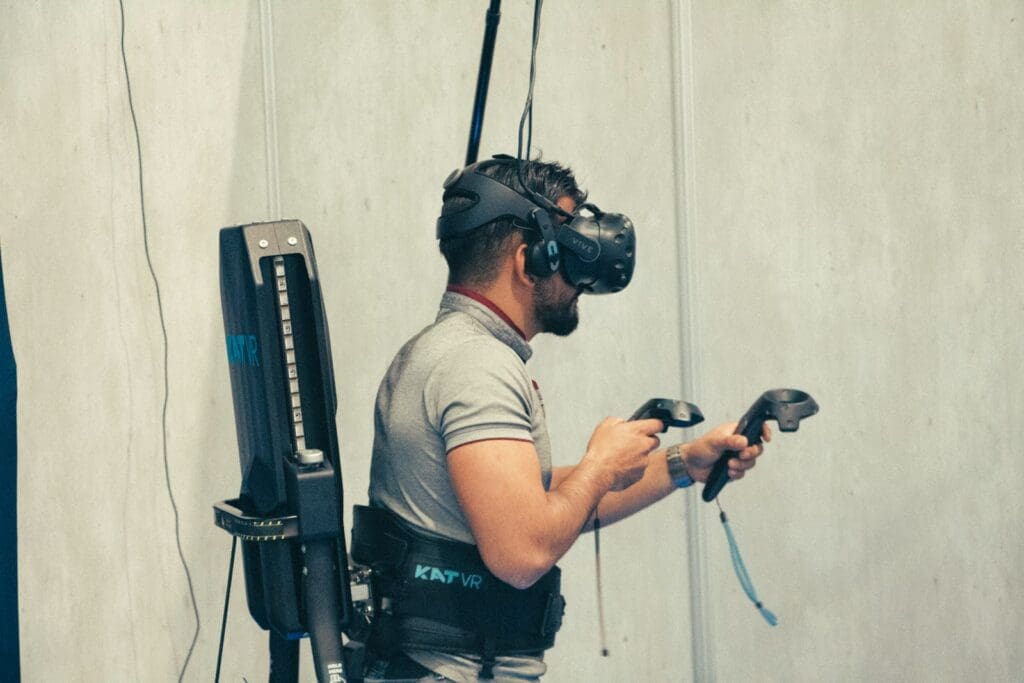
Navigating virtual environments enhances spatial reasoning skills, aiding in understanding and interpreting physical spaces.
Read More: Real-Life Locations That’ll Make You Think You’re in a Video Game
15. Emotional Regulation
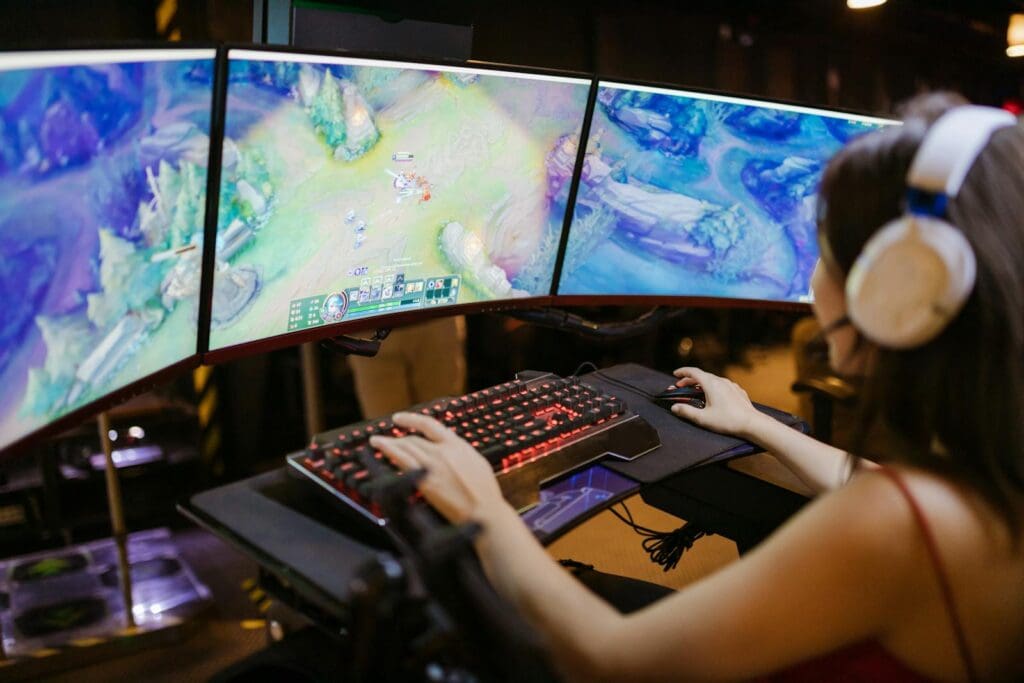
Dealing with in-game challenges and setbacks helps players develop emotional control and resilience, valuable traits for handling stress in real life.
Engaging in video games can be more than just a pastime; it’s an opportunity to cultivate a diverse set of skills that are beneficial in various aspects of life.
Read More: Game Smarter, Not Messier: 15 Pro Tips to Stay Organized

